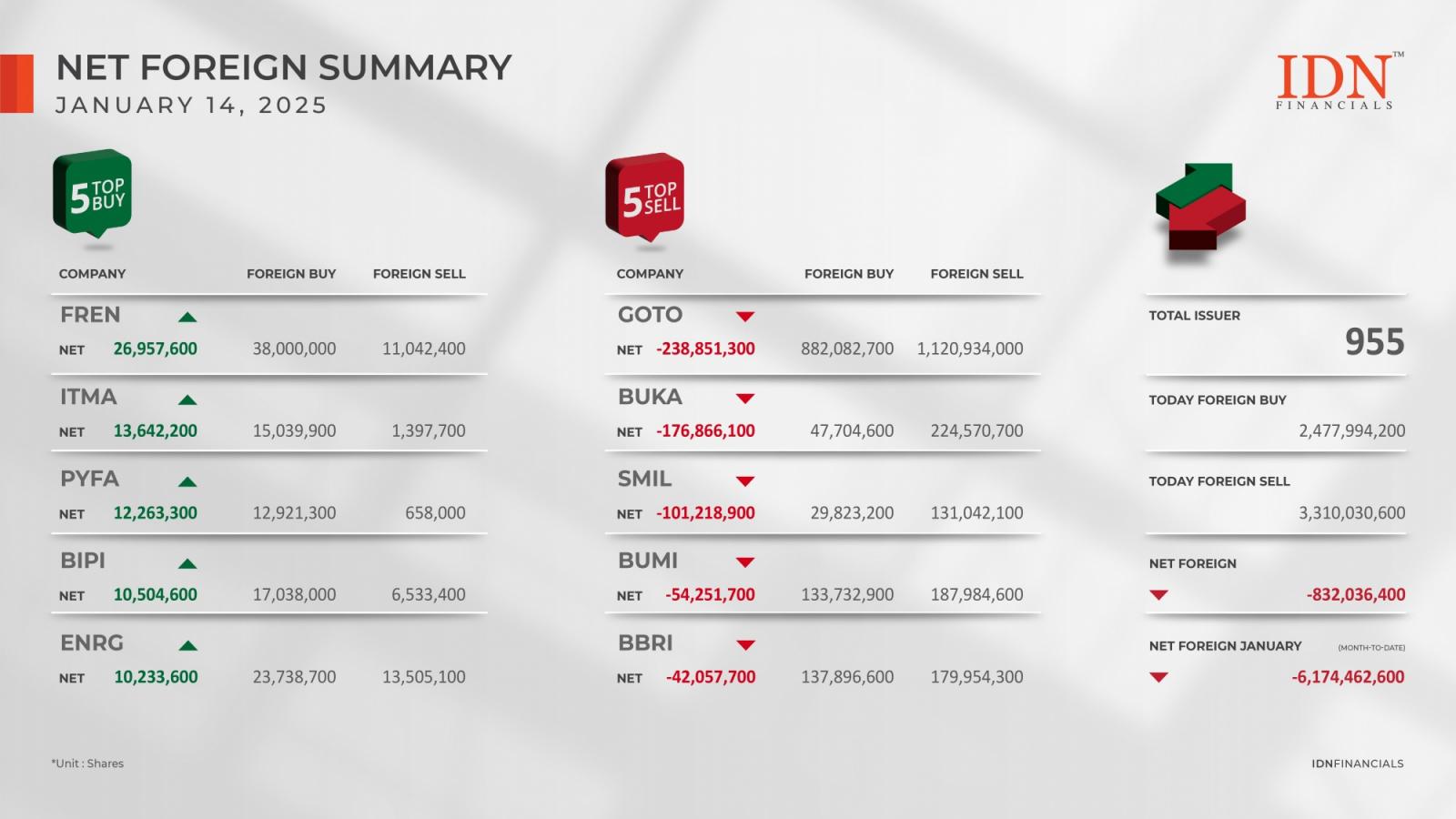-- Heavyweight Asian technology stocks, particularly those with exposure to the artificial intelligence sector, fell on Tuesday, tracking aftermarket losses in market darling Nvidia after it unveiled its new line of AI chips.
NVIDIA Corporation (NASDAQ:NVDA) unveiled its latest and most powerful line of AI chips, called Blackwell, at its annual developer conference on Monday. But shares of the AI giant took little support from the unveiling, falling nearly 2% in aftermarket trade.
Asian tech, AI stocks track Nvidia losses
Declines in Nvidia spilled over into Asian markets, with South Korean memory chip maker SK Hynix Inc (KS:000660), which has growing exposure to the AI industry, losing over 5%.
Peer Samsung Electronics Co Ltd (KS:005930) lost 1.1%.
Asian chipmaking giant TSMC (TW:2330)(NYSE:TSM) fell 0.3% in Taiwan trade. In Japan, Advantest Corp. (TYO:6857), which is an Nvidia supplier, slid 2.3%, while SoftBank Group Corp. (TYO:9984), which is exposed to AI through its chip designing unit Arm Holdings (NASDAQ:ARM), fell 0.8%.
While it was not immediately clear why shares of Nvidia and its peers retreated, analysts said that Blackwell’s unveiling was largely as expected.
Nvidia CEO Jensen Huang also gave scant cues on how the new chips will be priced, which is expected to be a key factor in the market darling’s outlook for revenue through 2024.
Weak risk appetite makes tech prone to profit-taking
An element of profit-taking also appeared to be in play with tech stocks, which were sitting on sky-high valuations after a strong melt-up over the past few months.
Decreased risk appetite, ahead of a closely watched Federal Reserve meeting and a historic policy shift from the Bank of Japan, saw investors lock-in some profits in the stock market.
Hype over artificial intelligence had spurred an over 200% increase in Nvidia’s valuation through 2023, with the chipmaker becoming the third-largest listed company on Wall Street.
Gains in Nvidia had spilled over into other tech stocks with perceived exposure to the AI boom. But these frothy valuations made them susceptible to profit-taking.





